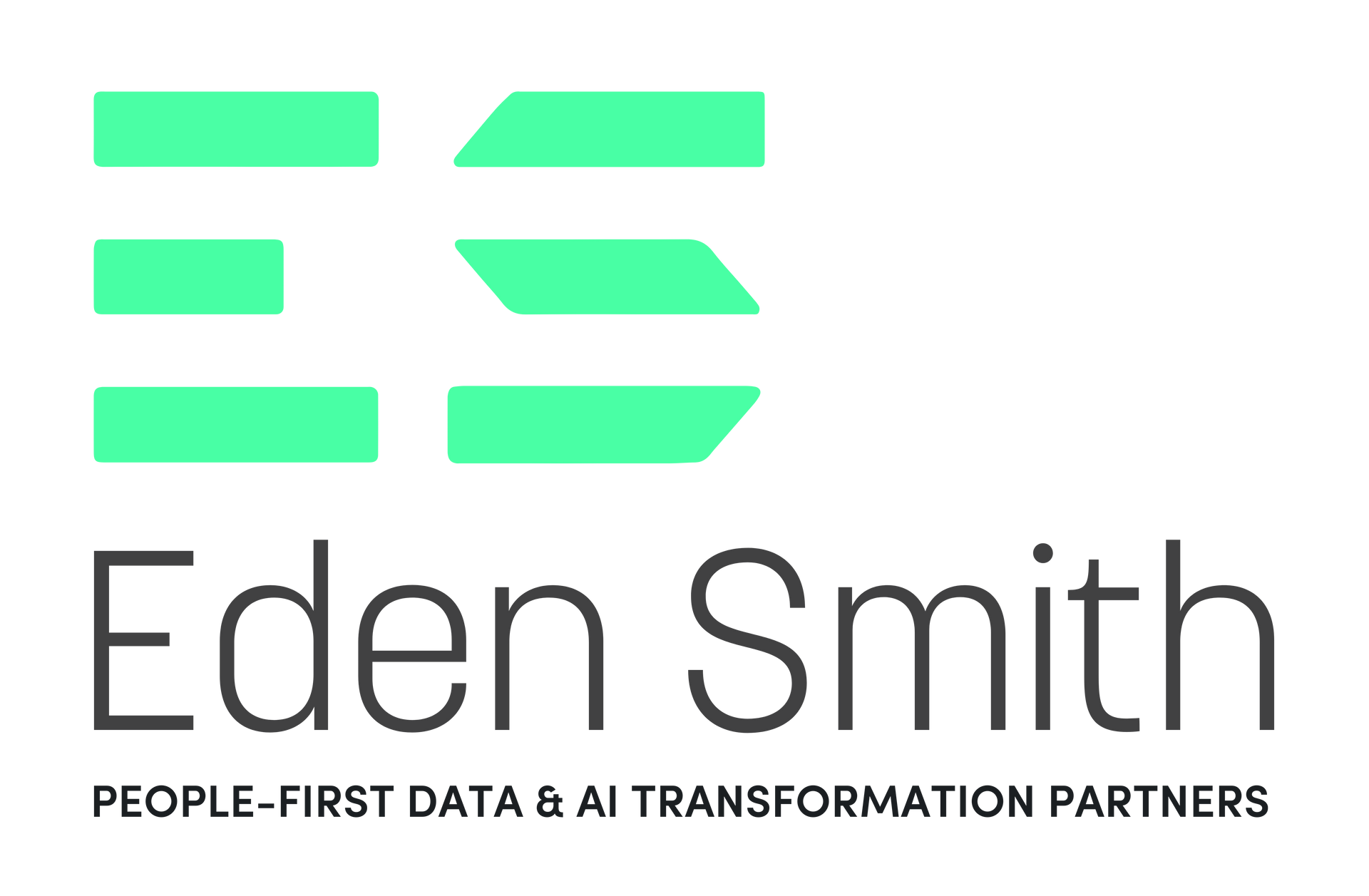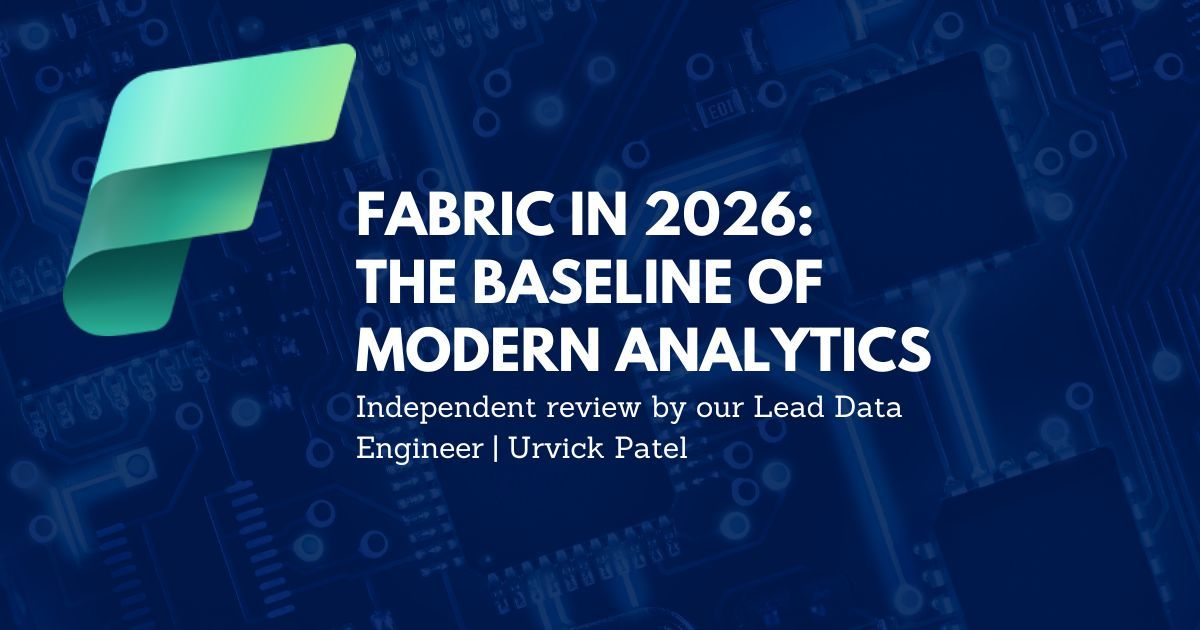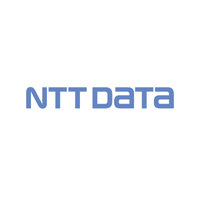The Risk to Reinvent
There is a moment in every transformation journey when organisations must decide:
👉 Will we protect what we’ve built?
👉 Or reinvent what’s possible?
On 17 October, the Data Leaders Executive Lounge gathered senior data leaders to explore this very question. Hosted under Chatham House rules, the evening’s theme - “Risk to Reinvent” - brought together sharp minds, bold ideas, and honest reflections on how data leadership is (and must be) reshaping business strategy.
Kate Sargent, Chief Data Officer at Financial Times, and Eddie Short, a renowned transformation and AI leader led the conversation. Their perspectives framed a candid discussion about shifting from process-led thinking to data-centric, predictive, and commercially intelligent business models.
From Process-Led Legacy to Predictive-by-Design Futures
For more than a century, businesses have been organised around process - a model designed for 19th-century manufacturing. But today, 91% of the UK economy is service-based. Yet many organisations still operate as though process is king.
This disconnect surfaced repeatedly in the discussion: leaders often can’t articulate what capabilities actually matter to deliver strategy. Instead, they talk in terms of technology platforms - “We need Oracle” or “We need Pega” - rather than customer value or strategic outcomes.
The call to action:
✅
Reframe the backbone of the enterprise - where data and AI are the orchestrators, and processes play a supporting role.
✅ Shift from “backward-looking by design” to
“predictive by design” architectures - operating models that drive agility, growth, and resilience.
The Capability Flywheel & The Intelligent Enterprise
Eddie Short shared the evolution of a capability flywheel model developed over 20+ years - integrating people, process, technology, data, and AI to create the Intelligent Enterprise.
This approach starts by asking:
- What must this business excel at to win?
- How can data and AI supercharge those capabilities?
Many executive teams can’t answer those questions clearly. And if capabilities aren’t defined, a data strategy is destined to be reactive rather than transformational.
The Trap of Technology-Led Change
One of the most striking points of consensus...
Organisations are spending heavily on technology but
not transforming.
Why?
Because technology alone doesn’t solve business problems.
A culture of FOMO, vendor pressure, and shiny-object syndrome often leads to tech purchases without clear value articulation. Meanwhile, the real differentiator - execution, adoption, and value creation - gets overlooked.
Data Value Over Data Tech: A Necessary Mindset Shift
Kate Sargent outlined how the Financial Times is deliberately reframing its approach to data value measurement.
Rather than treating data as an abstract asset, the FT is embedding a “value funnel” into its operating model. This funnel tracks the potential, captured, and realised value of data initiatives, surfacing where value is lost - whether through data quality issues, resourcing gaps, or lack of adoption.
The goal?
To create a shared understanding of data value across the organisation, linking it directly to strategic and commercial outcomes.
This is data not as “back office plumbing” - but as a driver of growth.
Case in Point: Reinvention in Retail
A real-world example brought the principles to life. A Romanian retailer - Profi - facing stagnant digital performance, shifted from risk avoidance to experimentation:
- Deployed Azure AI and revamped its digital app to promote bundled meal purchases.
- Leveraged ChatGPT and Midjourney to rebrand a wine range - from ideation to market in weeks.
- Result: 50% increase in basket size and repeat purchases, and a £100m uplift in company valuation in under a year.
This was data as a commercial engine, not an IT project.
Overcoming Cultural and Structural Barriers
The conversation turned candid on risk aversion - especially in regulated industries. Many leaders default to compliance-driven, process-heavy approaches, making bold transformation nearly impossible.
Key reflections:
- Too many leaders rely on anecdotes over analytics.
- Data teams are often pigeonholed into reporting functions, rather than driving strategy.
- Transformation requires assertive data leadership at the top table.
“Stop being the data guy. Be the business transformation leader.”
Speaking the Language of the Board
Data initiatives fail to resonate at the board level when they are framed in tech-speak.
But, when translated into
three universal levers the narrative shifts from “support function” to
strategic enabler.
1️⃣ Growing revenue
2️⃣ Increasing profitability
3️⃣ Reducing risk
This was the evening’s unifying thread: If you can’t articulate the straight line from data to revenue, profit, or risk reduction, you’re wasting your time.
Embedding a Data Value Mindset
Kate Sargent’s work offers a clear roadmap:
- Establish a value mindset - shared language, communication assets, and strategic alignment.
- Capture value systematically - using value calculators and prioritisation frameworks.
- Close the feedback loop - to learn, iterate, and scale what works.
- Build literacy beyond the data team - empowering the wider organisation to speak and act in terms of data value.
This structured approach aims to make value conversations accessible and embedded into daily business operations - not confined to dashboards.
Call to Action for Data Leaders
The event closed with a clear mandate for those shaping the future of their organisations through data and AI:
✅ Reframe your role from data manager to
transformation leader.
✅ Speak in the language of commercial outcomes.
✅ Challenge risk avoidance with
predictive-by-design models.
✅ Experiment fast, prove value, and scale boldly.
✅ Build data value thinking into the fabric of the organisation.
As one participant noted: “Risk and performance are two sides of the same data.”
What’s Next
A heartfelt thank you to our speakers Kate Sargent and Eddie Short, our event sponsors - Cloudaeon - , and everyone who contributed their insights.
The Winter Party returns on 20 November 2025 - a festive gathering, in London, and an opportunity to continue these conversations.
📩 If you’d like to be part of the next Data Leaders Executive Lounge, register your interest at Eden Smith.











